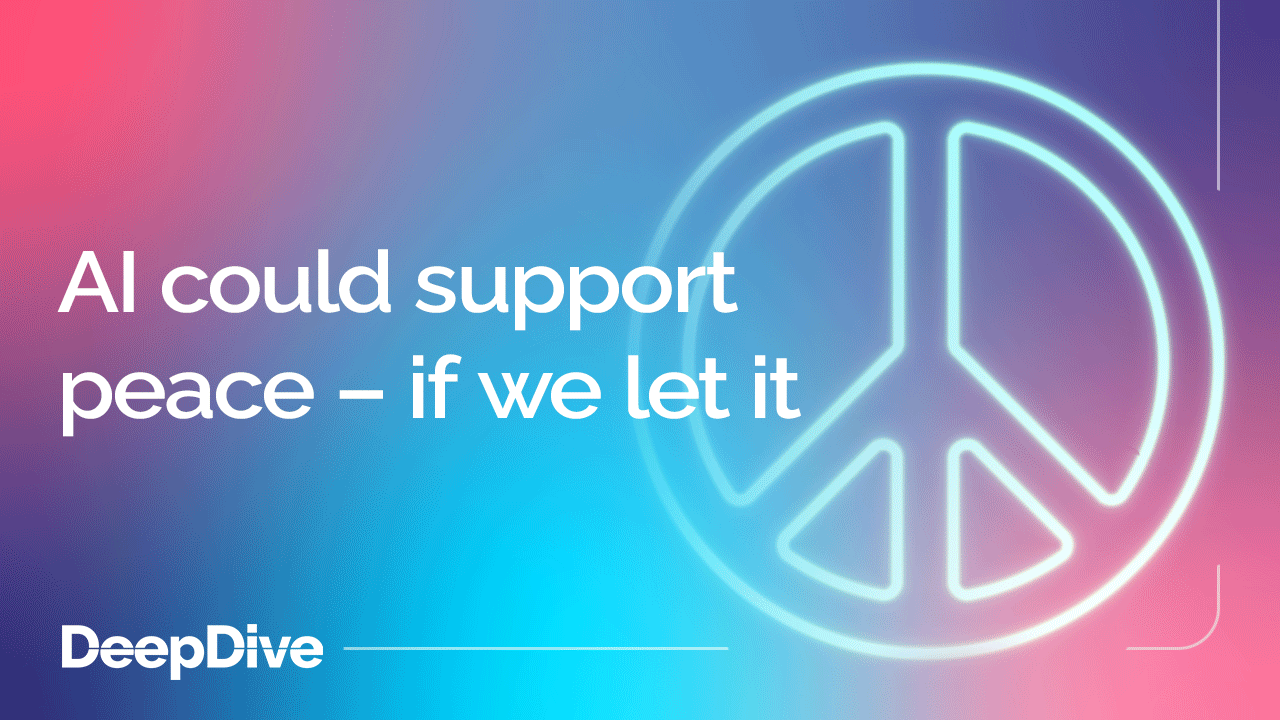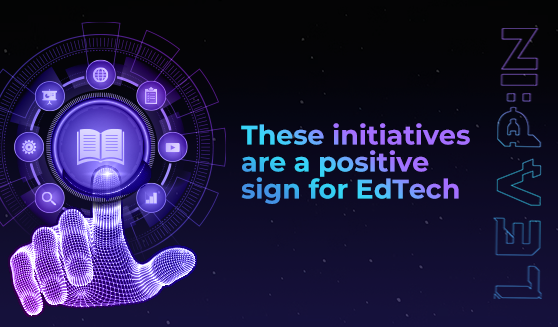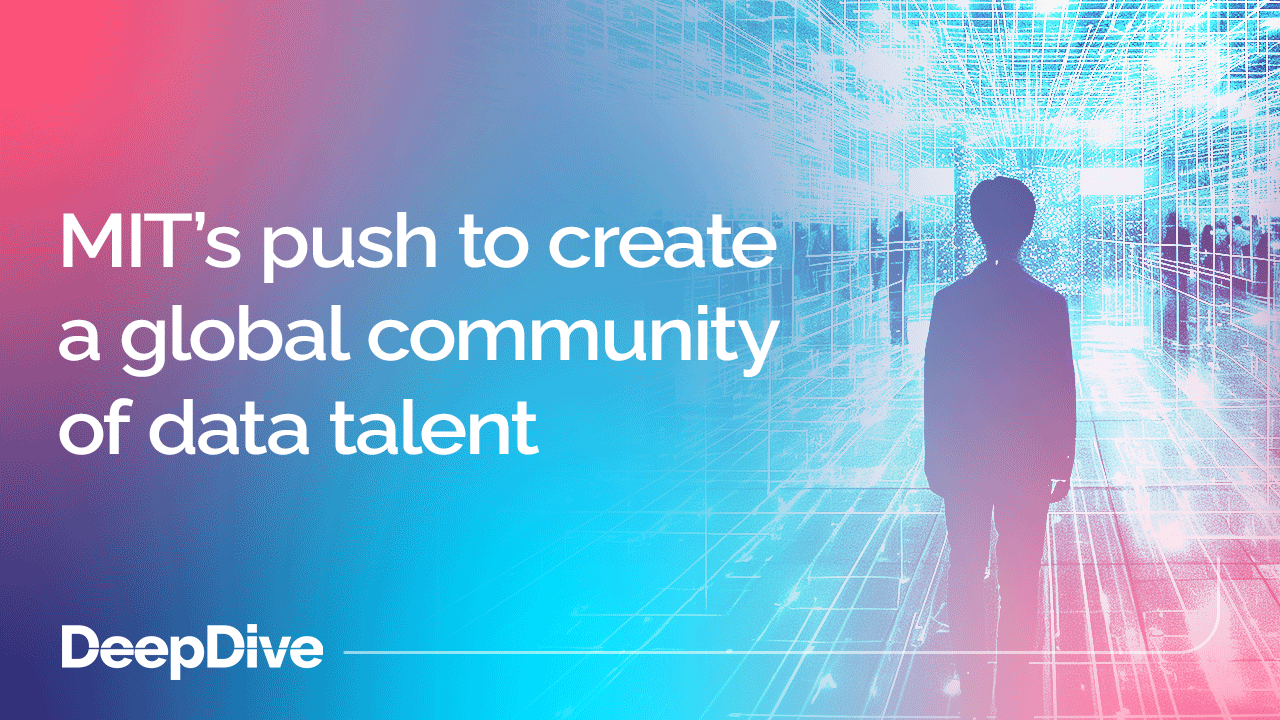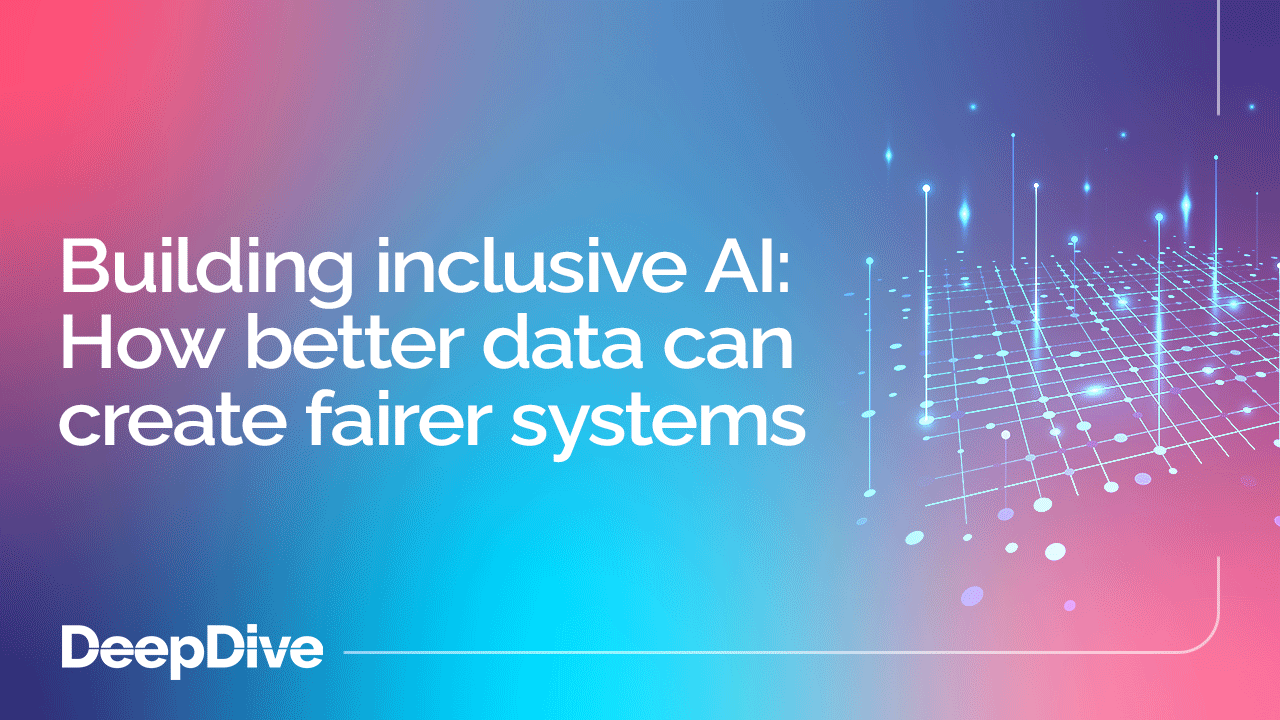

These initiatives are a positive sign for EdTech

Welcome to the 83 new techies who have joined us since last Friday. If you haven’t already, subscribe and join our community in receiving weekly tech insights, updates, and interviews with industry experts straight to your inbox.
This week we’re quoting Mads Skrubbeltrang (Rector at Ørestad Gymnasium)
What Skrubbeltrang said:
“If more students have access to tech, then hopefully more young people around the world will communicate more and thus become more culturally aware and be able to learn more about other cultures.”
Is tech enabling communication between students?
Skrubbeltrang’s words were from this interview for the LEAP blog. And they’ve stuck with us: because communication is essential to understanding, and to breaking down a sense of ‘us and them’ so that cultures around the world can co-exist, collaborate, and recognise the value in difference and diversity.
But is tech really enabling communication between students around the world?
Are there any signs that it’s having a positive impact on the way students relate to one another?
Yes – it’s happening.
Digital connectivity is definitely enabling peers from all over the world to connect, collaborate on projects, learn from and about each other, and gain a kind of international (even global) awareness that was once only possible for people who had the resources to travel a lot.
And there are a growing number of initiatives that specifically leverage connected technologies to offer cross-cultural collaboration between students at schools and universities.
Like…
- Global Collaboration Projects by Digital Promise. These projects allow students to work together on specific projects, collaborating from around the world – and developing their global awareness.
- Collaborative Online International Learning (COIL) at the NC State University. Promoting virtual, interactive educational opportunities, COIL connections teaching staff and students through shared projects. Students are put together in small groups to learn from each other, and to reflect on the roots of their own perspectives as they work together.
- Global Read Aloud. Launched way back in 2010, this project has a very simple goal: to connect the world by reading one book at (more or less) the same time. The initiative chooses one book for teachers to read out loud to their students during a six week period. During that time, participants use connected technologies to make as many global connections as possible – communicating and sharing experiences with a large community. More than 2,000,000 students have been involved in the global read.
- Competitive Collaboration. This project brings students from different countries together to solve a problem or complete a task. They have to work together – but there’s some healthy competition too. The project uses Google Hangouts to connect classrooms around the world.

What do these projects tell us?
That there’s demand from schools and students around the world for opportunities to engage in cross-cultural learning opportunities. And for EdTech developers, this is really encouraging: people want tools that enable them to collaborate, learn together, and transcend the limits of international borders.
Internet penetration must continue to increase for children and schools around the world
But not all students have access to the internet. And to make connected learning opportunities equitable for all children and young people, connectivity is essential.
A report by UNICEF at the end of 2020 stated that two thirds of school-age children worldwide did not have internet access at home – and the same was true for 63% of those aged 15 to 24.
Henrietta Fore (UNICEF Executive Director) said:
“That so many children and young people have no internet at home is more than a digital gap – it is a digital canyon. Lack of connectivity doesn’t just limit children and young people’s ability to connect online. It prevents them from competing in the modern economy. It isolates them from the world.”
Connectivity at school only mitigates this problem to a degree. The UN estimates that nearly 3 billion people in the world have never used the internet at all.
We know that connectivity is a new human right. And we know that young people want to take advantage of its potential to change lives and their perspectives.
So let’s keep working on it. Join us in Riyadh for LEAP 2024 to discover the latest research on the impact of connectivity – and find out how you can contribute to a globally connected community.

Make sure to check out DeepDive 🤖

This week DeepDive is bringing you the latest insights on Saudi Arabia’s commitment to investing in AI training to upskill it's workforce, and ensure it has a strong pool of talent for businesses to draw on in the future.
As detailed in the Vision 2030, the country is dedicated to driving innovation and economic transformation through tech investments, as well as other support for start-ups and innovators. So it’s an exciting place to be for AI developers, and for businesses that know they need to adopt AI in order to future-proof their success.
Read the newsletter to find out more.
➡ Subscribe now to the LinkedIn newsletter to get it straight to your feed or to the LEAP:IN content platform to get it straight to your inbox.
Have an idea for a topic you'd like us to cover? We're eager to hear it! Drop us a message and share your thoughts.
Catch you next week,
Richard McKeon
Marketing Director
P.S. - Mark your calendars for LEAP 2024 📅 4-7 March 2024. Want to be a part of the action?



Building inclusive AI: How better data can create fairer systems
Moving towards tech that works for everyone
Related
articles



Building inclusive AI: How better data can create fairer systems
Moving towards tech that works for everyone
